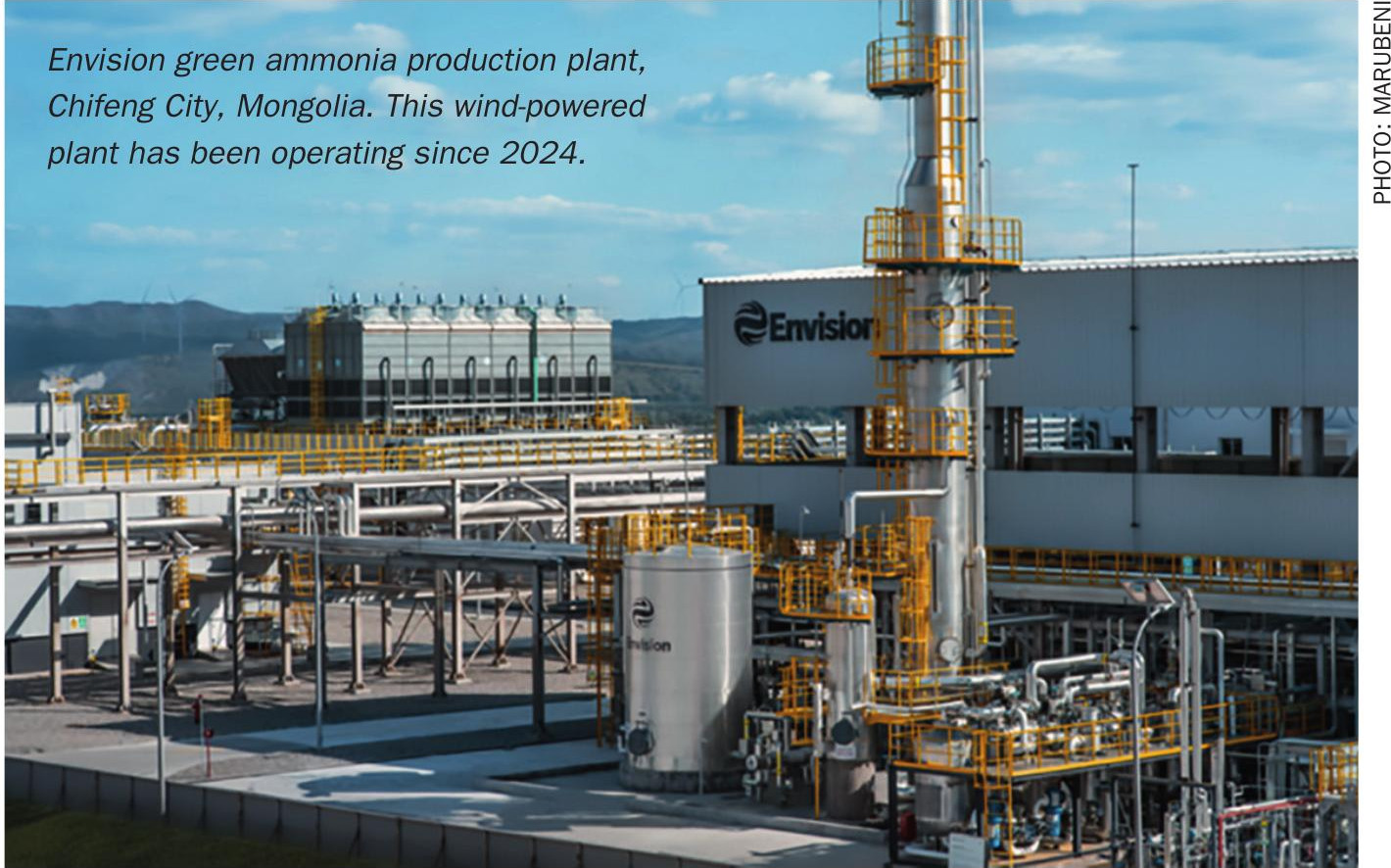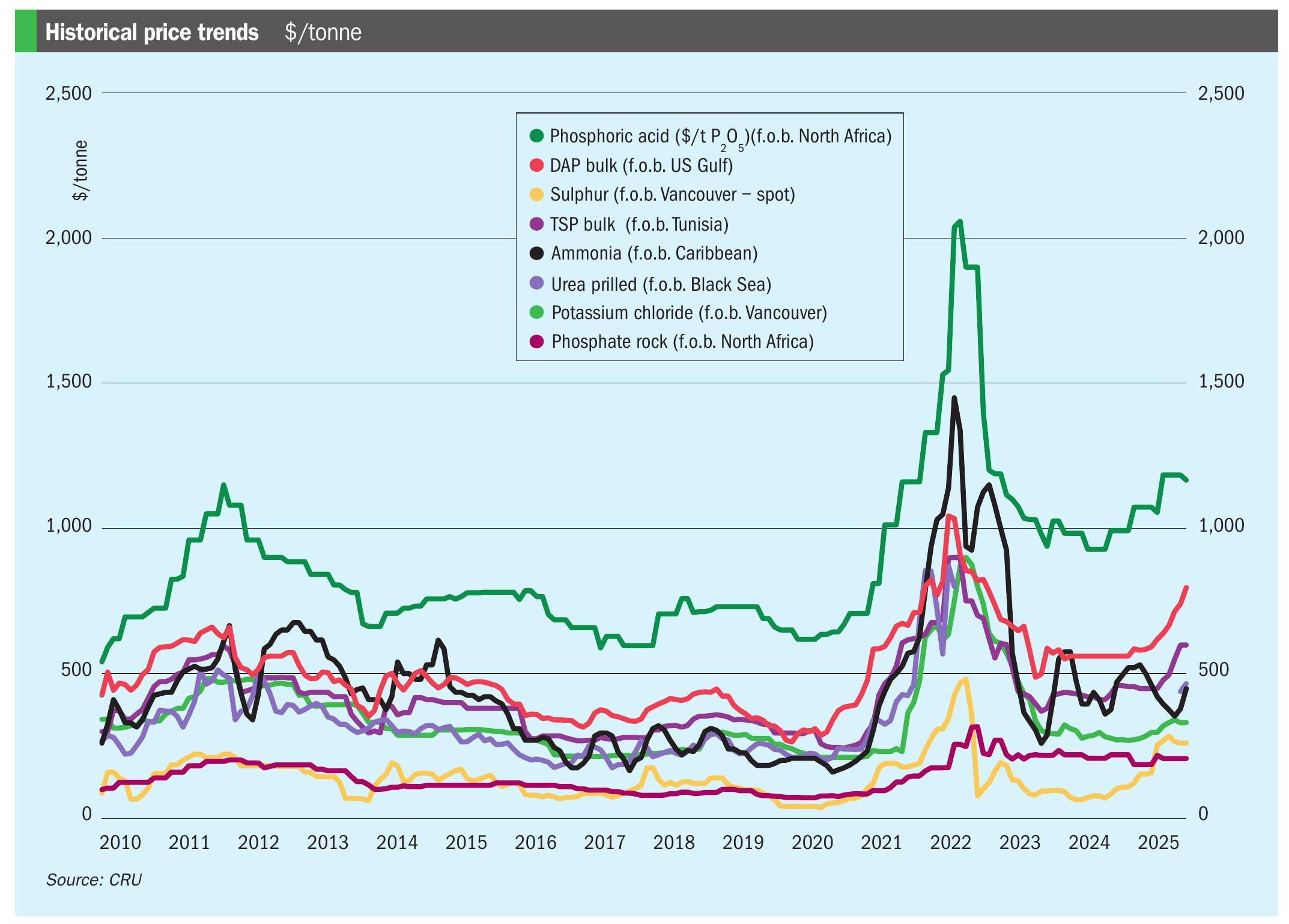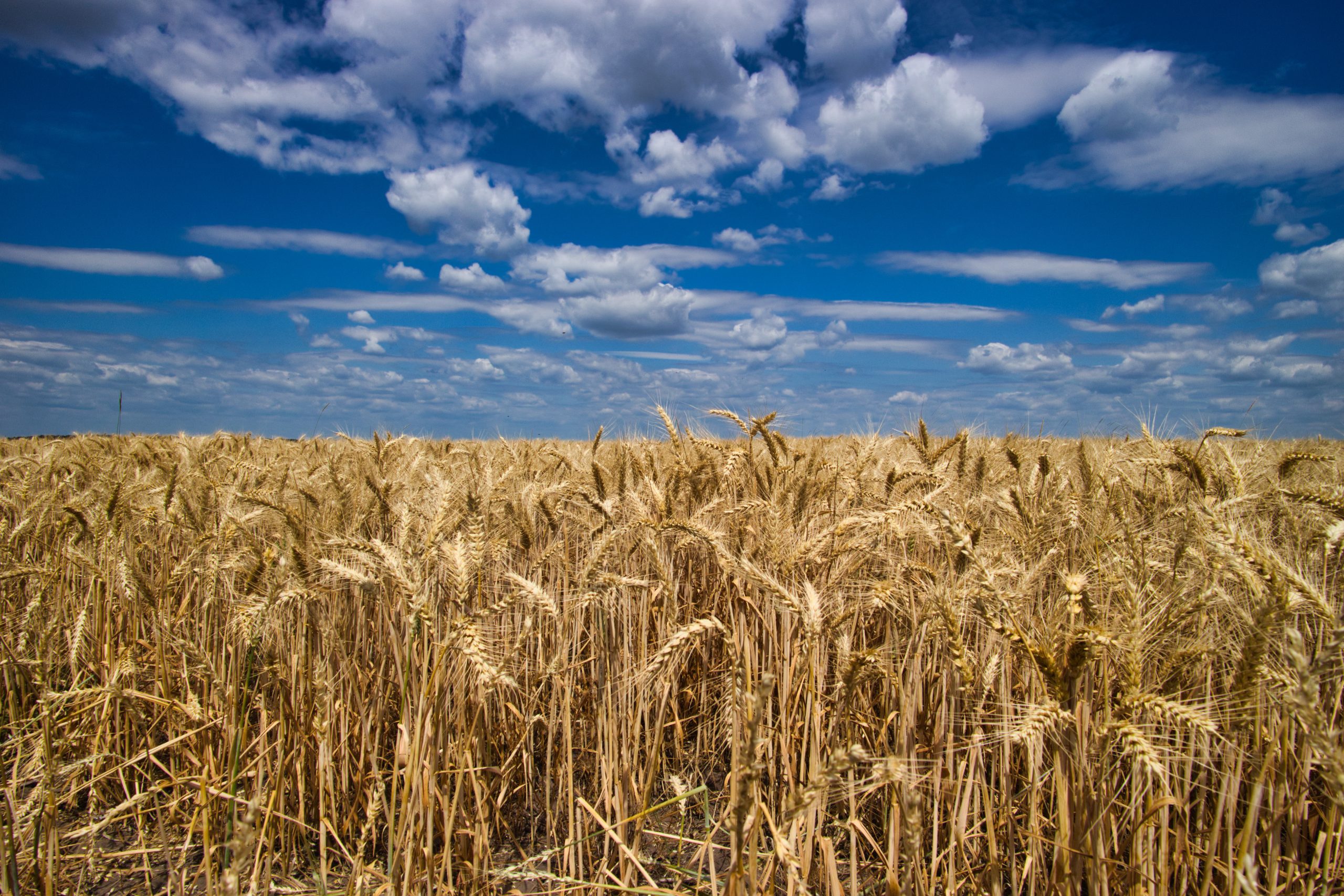Fertilizer International 498 Sept-Oct 2020

30 September 2020
Unique process, unique products

Germany’s K+S is the world’s fifth-largest and Western Europe’s largest producer of potash products. The company manufactures a range of potassium sulphate (SOP) and SOP-based products at three production sites in Germany (Wintershall, Hattorf and Bergmannssegen-Hugo). These include KALISOP® , its granular SOP product range, and speciality products such as Patentkali® .
K+S is the largest SOP producer outside of China, producing between 700,000-900,000 tonnes of SOP annually, according to market circumstances. Additionally, the company’s produces between 200,000-230,000 tonnes of Patentkali® every year – described by K+S as its most important SOP speciality product.
Production process
K+S currently has the capacity to produce up to nine million tonnes of potash and magnesium products each year. From several deposits in Germany, crude ore is mined underground by conventional drilling and blasting. Large shovel loaders convey the ore to crushing plants. From there, the crushed ore is transported onwards by conveyor to the extraction shaft. Once brought to the surface, the ore is processed to obtain potassium chloride (KCl), magnesium sulphate (MgSO4 ), kieserite (MgSO4·H 2 O), epsom salt (MgSO4 .7H2 O), potassium sulphate (K2 SO4 ) and rock salt (NaCl).
The crude ore consists of various natural minerals such as sylvite (KCl), halite (NaCl), langbeinite (K2 Mg2 (SO4 )3 ), kieserite (MgSO4 .H2 O) and clay. During processing, most of the halite is firstly removed using a physical extraction process to obtain a concentrate of sylvite, langbeinite and kieserite, the main valuable mineral components. This mineral concentrate is then dissolved in water. Purified SOP is finally obtained from the resulting solution via crystallisation. This purification step is carried out without the use of any chemicals or additives. The finely-crystalline SOP obtained is dried and marketed as KALISOP® fine. Dried SOP is also compacted into granules using roller presses and marketed as KALISOPgran. ®
Patentkali® is produced at two German production sites, Wintershall and Bergmanssegen-Hugo, and contains both SOP and kieserite. It is manufactured by combining together two K+S products – KALISOP® and ESTAKieserit ® – both of which are approved for organic farming. ESTAKieserit ® is manufactured by extracting kieserite from crude ore using a patented electrostatic separation process (ESTA).
KALISOP® and Patentkali®
Due to their unique production process and natural origin, the KALISOP® product range from K+S:
- Require relatively low energy input to manufacture
- Has a neutral to slightly alkaline pH
- Has very low heavy metal contents
- Are approved for organic farming.
KALISOP® provides a highly-concentrated plant-available supply of sulphur and potassium. It is classed as an organic fertilizer and is virtually chloride-free, making it ideal for chloride-sensitive crops. The low salt index of KALISOP® also means it is particularly suitable for high-value cash crops grown in intensive cropping systems.
KALISOP® is offered in granulated form and as a fine powder. It is also available as KALISOPPremium, ® a round granulated product. KALISOPPremium ® is ideal for bulk blending because of the roundness and stability of its granules. Its round shape also makes accurate spreading possible even at large widths. K+S also offers two premium water-soluble SOP products, soluSOP52 ® and hortiSUL® , for fertigation systems and foliar application.
Patentkali® is a speciality potassium fertilizer with a high magnesium and sulphur content. It is well-suited to chloride-sensitive agricultural, horticultural and forestry crops due to its low chloride content (3% Cl maximum). Patentkali® is particularly suitable for crops such as potatoes, vegetables, fruits, grapes and sunflowers. It is certified for organic farming and provides nutrients at an ideal potassium-to-magnesium ratio of 3:1.






